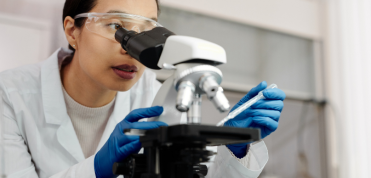
Animal-Free Safety Assessment (AFSA)
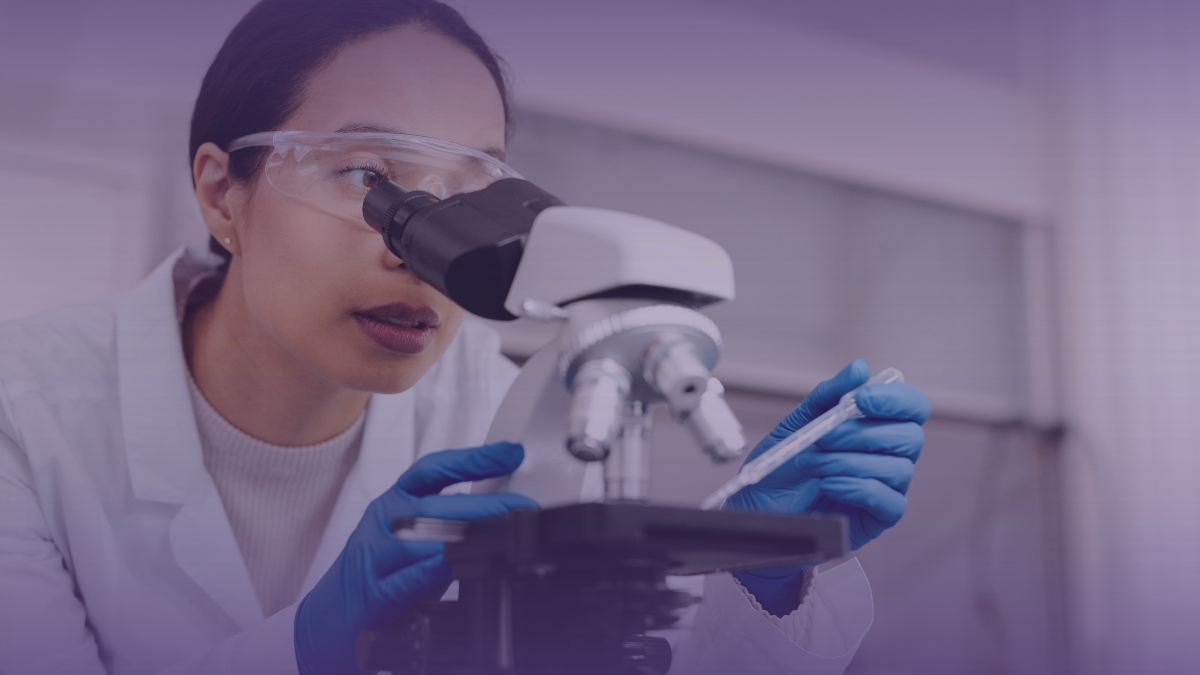

Imagine a world without animal testing… where the safety of chemicals, cosmetics, therapeutics and other products is assured using modern, human biology-based predictive tools. Making this world a reality is the goal of the AFSA Collaboration.
Imagine a world without animal testing… where the safety of chemicals, cosmetics, therapeutics and other products is assured using modern, human biology-based predictive tools. Making this world a reality is the goal of the AFSA Collaboration.
READ MORE
“I predict that 10 years from now, safety testing for newly developed drugs…will be largely carried out using human biochips…This approach…will mostly replace animal testing for drug toxicity and environmental sensing, giving results that are more accurate, at lower cost and with higher throughput.”
Francis Collins, MD, PhDDirector, U.S. National Institutes of Health 2016 READ MORE
The Animal-Free Safety Assessment (AFSA) Collaboration is a unique multi-sector partnership between non-profit, corporate, and philanthropic leaders working to advance acceptance and use of animal-free safety science as a gold standard across regulatory frameworks worldwide. Meet our members:
The Animal-Free Safety Assessment (AFSA) Collaboration brings together corporate and non-profit leaders who share the goal of accelerating a modern, species-relevant approach to safety assessment globally to better protect people and our planet, and hasten the replacement of animal testing. Meet our members:
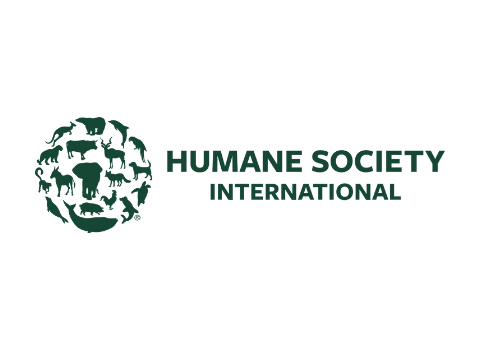
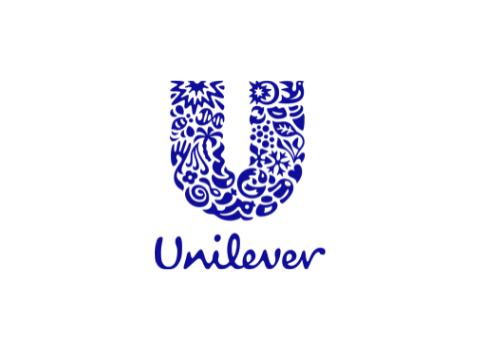
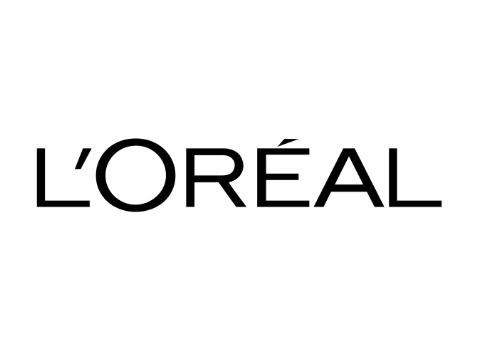
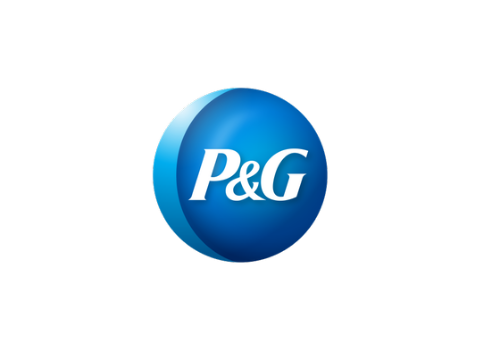
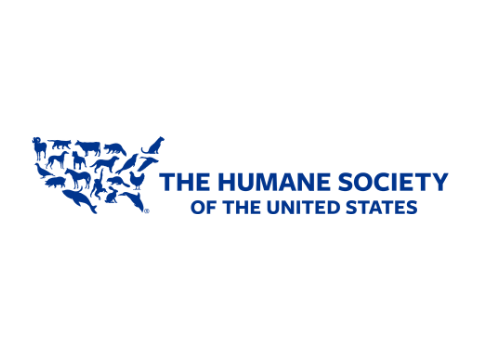
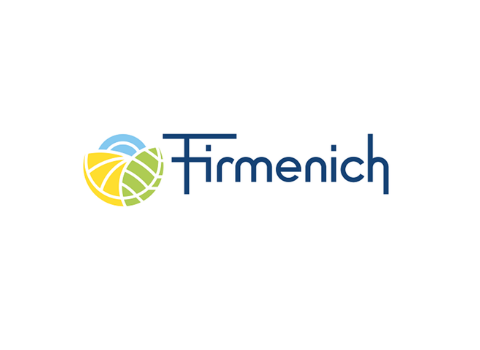

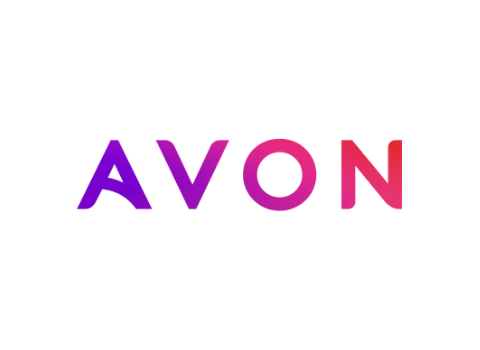

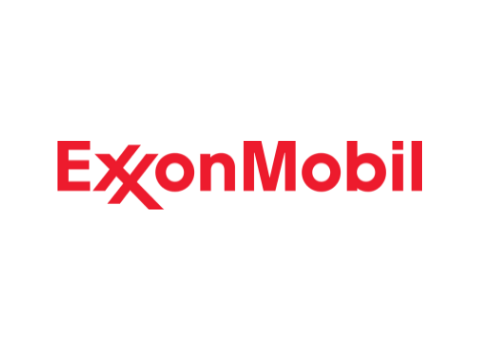
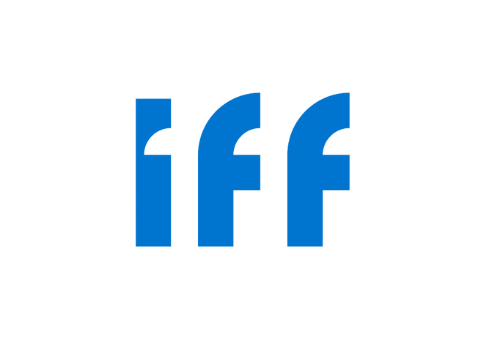
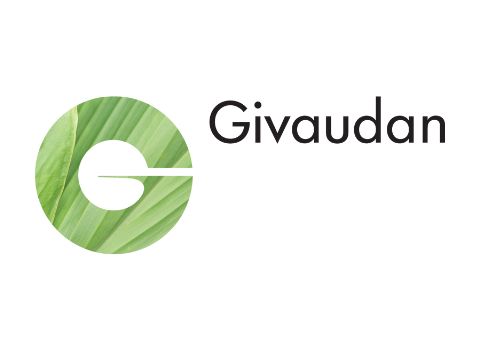
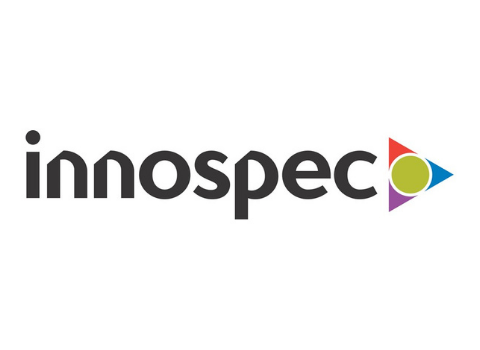
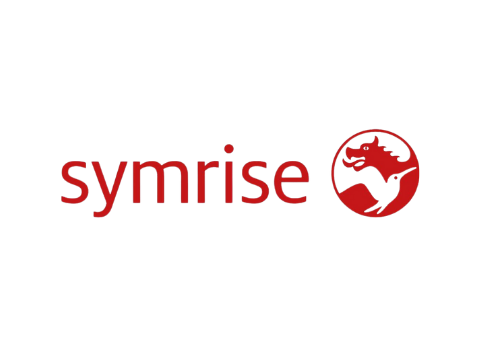
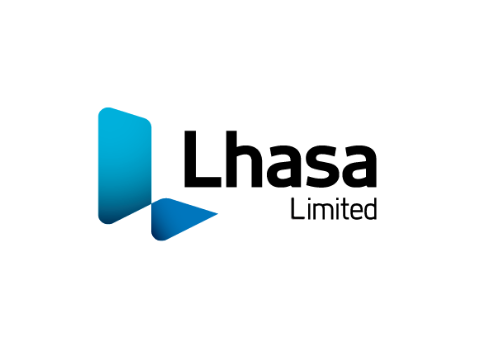
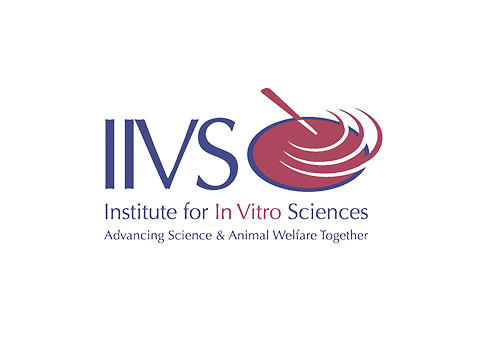
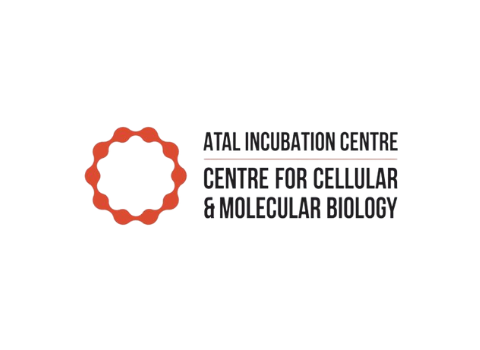
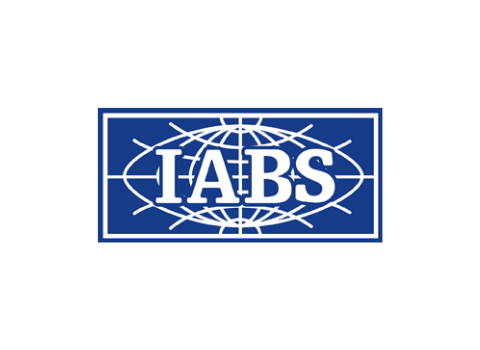
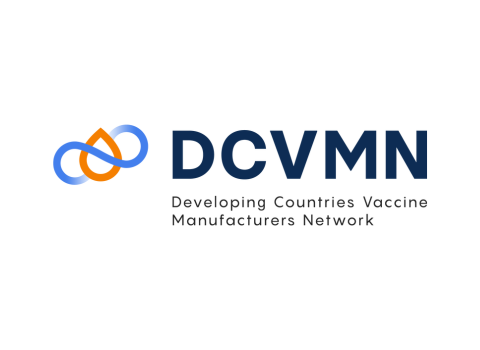
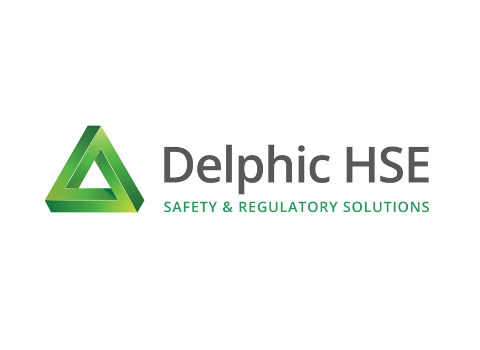
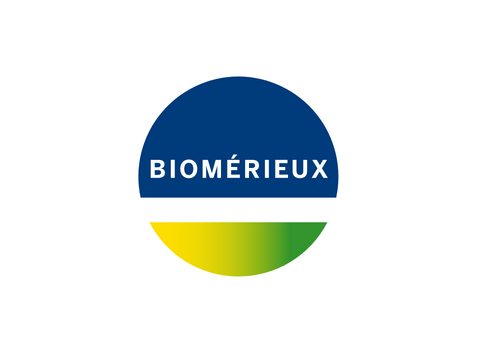
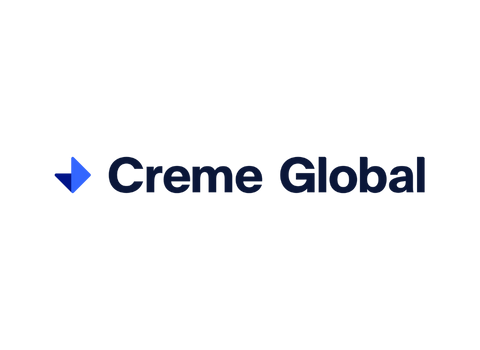
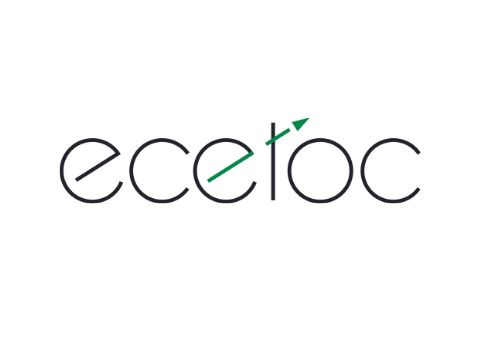
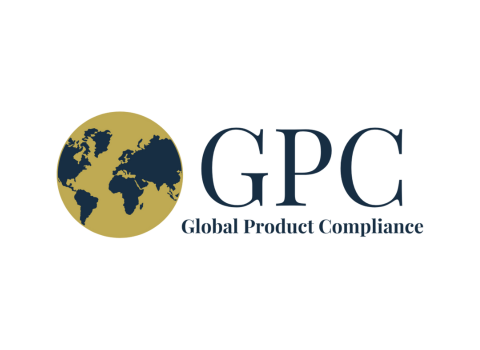
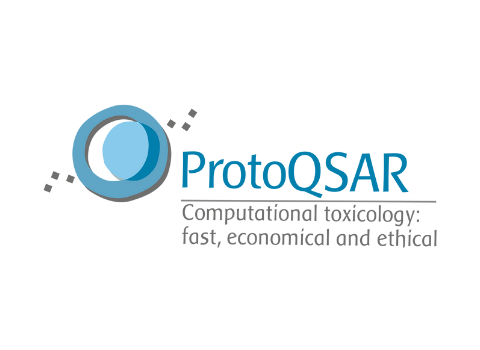
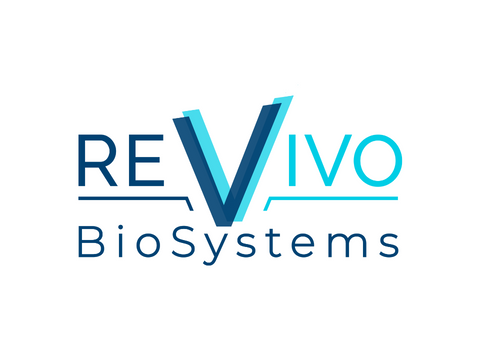
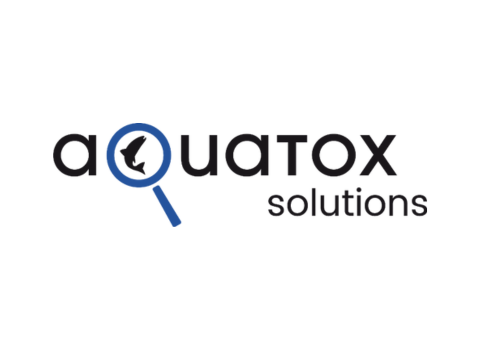
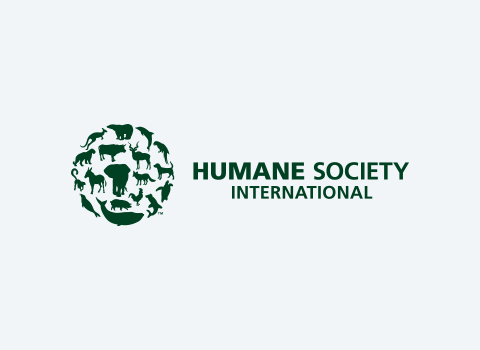
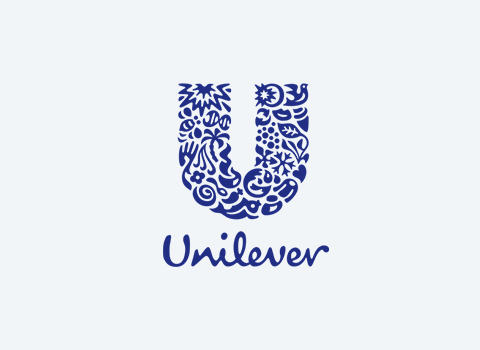
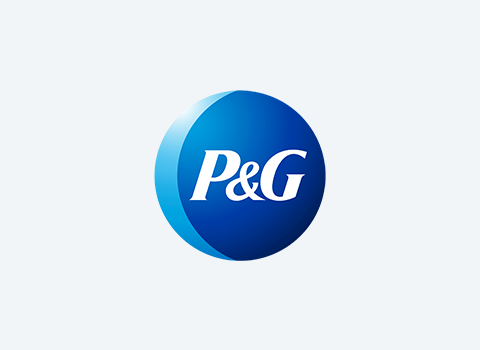

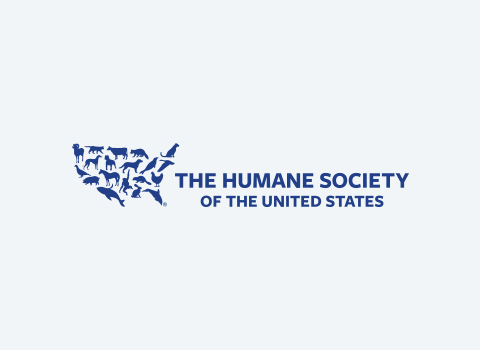

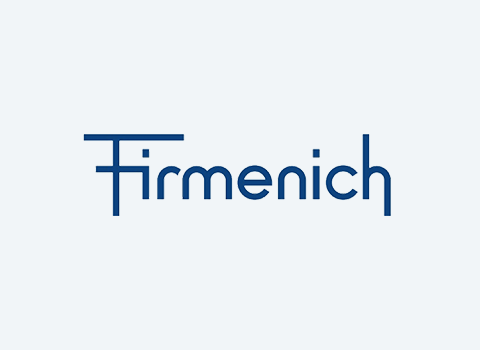
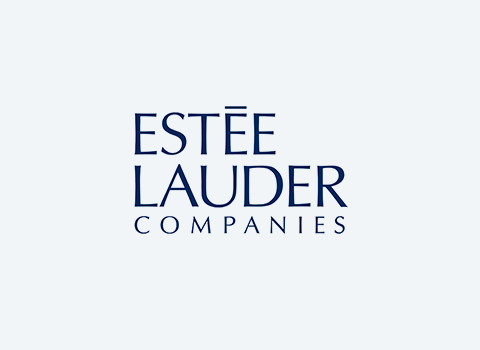


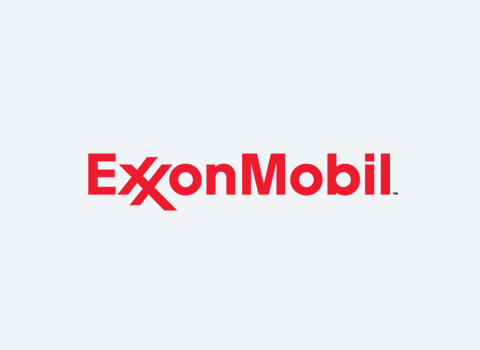
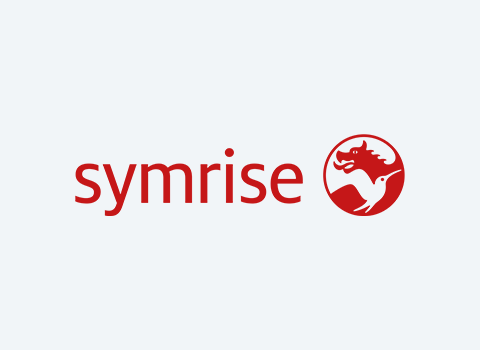

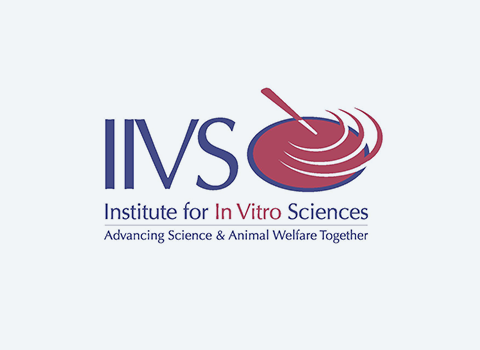


Canada to phase out chemical toxicity testing on animals

Publication: Last resort requirement under REACH
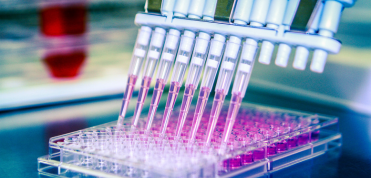
South Korea to include recombinant Factor C in the pharmacopoeia

REACHing for solutions
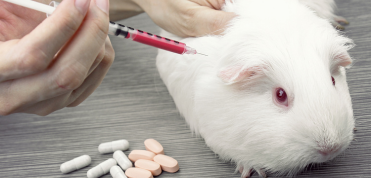
Biologicals publication: Event series on animal testing alternative for vet vaccines
Latest Events
-
The last resort requirement under REACH: From principle to practice
28 Mar 2024 -
Transition to non-animal based vaccine batch release testing. Policy and regulations theoretical aspects and case studies.
27 Mar 2024 -
12th World Congress on Alternatives and Animal Use in the Life Sciences
27 Aug 2023 -
Monocyte Activation Test the experience of the Italian Institute of Health
25 May 2023 -
Toward implementation plans for replacement of animal testing for human vaccines
19 Jan 2023 -
How to resolve inconclusive predictions from defined approaches for skin sensitisation in OECD Guideline No. 497
8 Dec 2022